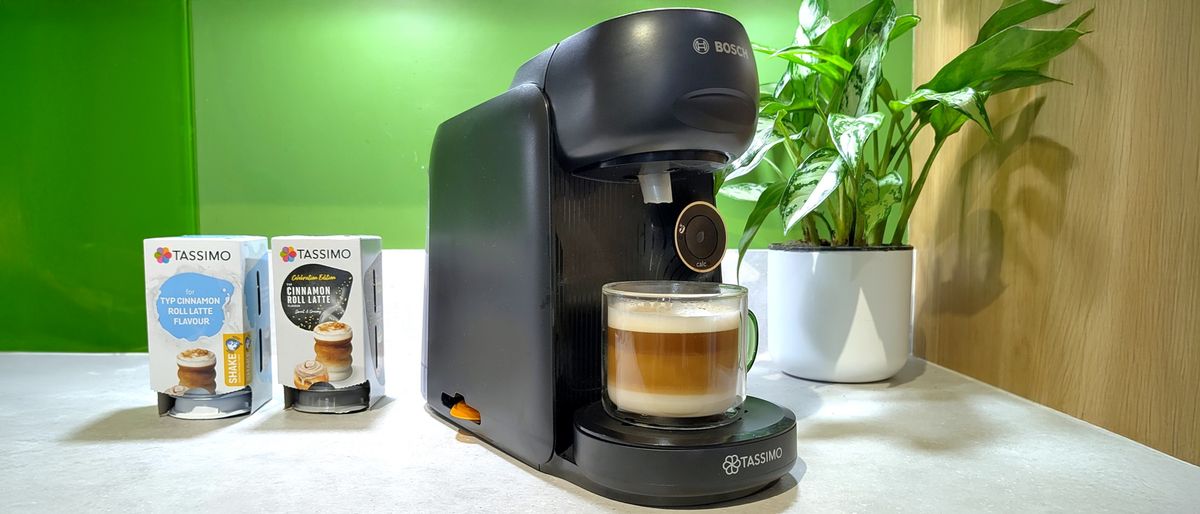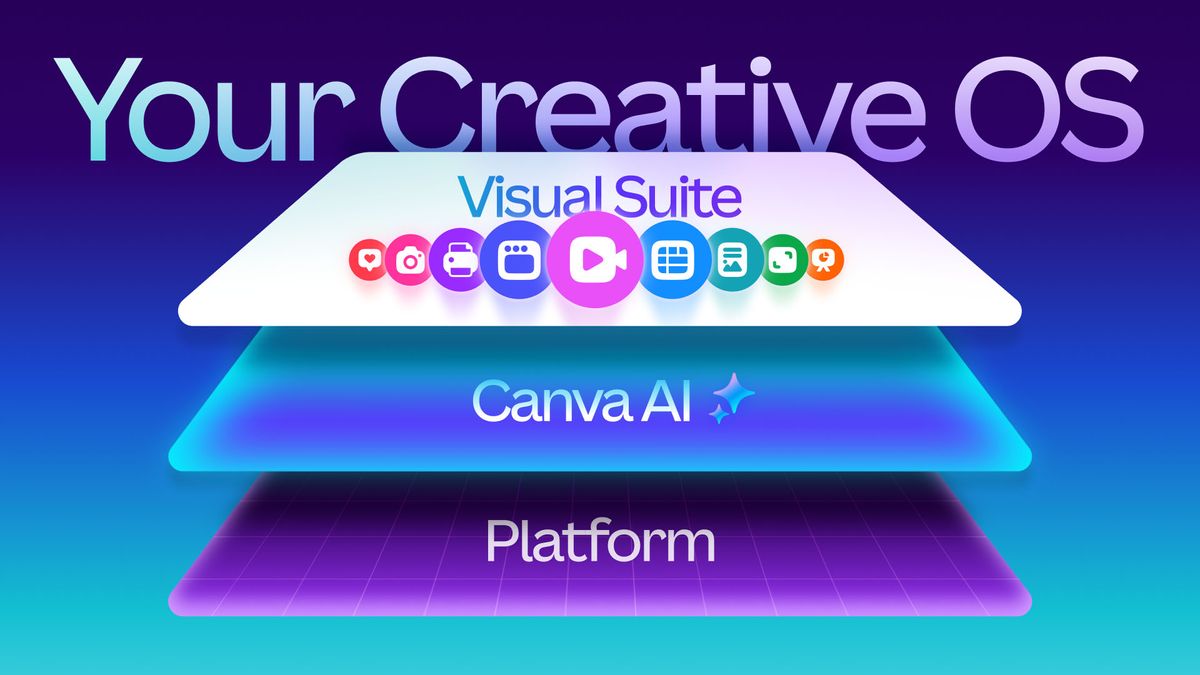Getting clones taken down can be an exhausting process for developers. Small studios have less time, energy, and resources to dedicate to this process, and they’re at the whims of the digital distribution platforms these games exist on.
Wren Brier, Unpacking’s creative director, says that since the game’s release in 2021, developer Witch Beam has reported more than 80 clones. “It feels like whack-a-mole sometimes,” Brier says. These are games that are not just similar in nature but “blatant copyright infringements” that lift the game’s assets or even its name. “The majority have been extremely low-effort scams using Unpacking's name or imagery to trick players into downloading something that isn't even a game, just a series of ads,” she says.
When it comes to many AI-made clones, Brier says there’s a misconception about what that means. “They're not AI-made games, they're AI-generated marketing images attached to a completely unrelated, hastily slapped-together, bare-bones skeleton of a game,” she says. “They are literally a scam: They are trying to trick players into buying a crappy product by using misleading imagery and by pretending to be a real game that the player might have heard of.”
Clones don’t always threaten a developer’s profits—Aggro Crab is confident about its bank account, thanks to Peak’s massive success—but the damage can be widespread in other ways. Brier says that AI-clones hurt developers the same way AI books hurt authors: “Flooding a storefront with garbage that no one wants to play makes it impossible for players to organically discover indie games.” Game certification, the process of getting onto a platform, used to be stricter.
“It's not a problem just for the games that get cloned,” Brier says. “It's a problem for all of us.”
For developers, there aren’t many options to fight clones, regardless of how they’re made. Intellectual property attorney Kirk Sigmon says clones are already difficult to tackle legally; copyright protection doesn’t extend to a genre, aesthetic, or even gameplay mechanics. AI “definitely makes slop generation faster, but the issue has been around for well over two decades,” he says. “All that’s really happened is that the bar has moved ever so slightly lower for new entrants, because you can make an AI model pump out stuff for you faster.”
The easiest case for copyright infringement typically happens when a cloner lifts work from the game directly—as happened with Unpacking. “It’s not uncommon for knockoff games to accidentally (or intentionally) copy assets from the game they are knocking off,” Sigmon says.
In fact, he says, AI-generated games might actually be better protected from copyright infringement lawsuits. “After all, if knockoff developers are savvy, they’ll use AI models to develop unique assets/code rather than steal it from another game or just download it from some random Internet source,” he says. “That’ll make it much harder to go after them in court, for better or worse.”
Platforms ultimately hold the power when it comes to ridding a storefront of clones, though smaller developers bear the brunt of the work in filing a report and sorting out who to talk to. Sometimes that process is quick and wraps in a few days; sometimes it can take weeks. Social pressure may be the best defense a developer has. Sigmon says that complaining to storefronts or enlisting fans are workable solutions. “I don’t know many gamers who are a fan of half-hearted slop games,” he says.
Aggro Crab and Landfall are taking this route. “We're not really the type to be litigious,” says Kamen, the cofounder. Instead, they’re being outspoken in their distaste. In early August, the company posted on X, in reference to one copycat, that it would rather users “pirate our game than play this microtransaction-riddled [Roblox] slop ripoff.” Landfall tweeted that the company has “been reporting a bunch of these AI slop things” in response to a screenshot of the game Peaked Climbing. It was available on the PlayStation Store before being removed; Peak was released only on PC. WIRED has reached out to PlayStation, Roblox, and Steam and will update accordingly.
“I consume media because it's made by humans,” Kamen says. “I want to experience a piece of art, whatever it may be, another human has made and get their perspective and their outlook on the world. If AI is used to make the game, then you're removing that from the equation. There's no value in it.”

 3 months ago
27
3 months ago
27








 English (US) ·
English (US) ·